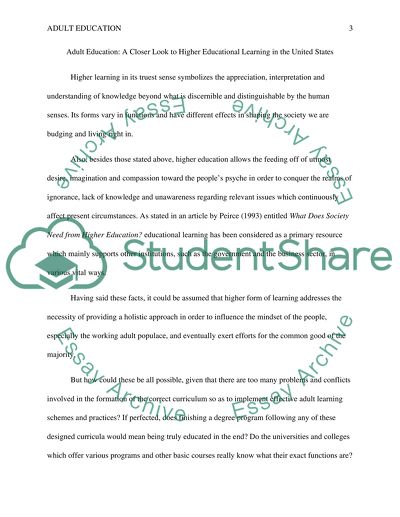Cite this document
(“A Closer Look to Higher Educational Learning in the United States Essay”, n.d.)
A Closer Look to Higher Educational Learning in the United States Essay. Retrieved from https://studentshare.org/english/1462356-educated-adult-learners
A Closer Look to Higher Educational Learning in the United States Essay. Retrieved from https://studentshare.org/english/1462356-educated-adult-learners
(A Closer Look to Higher Educational Learning in the United States Essay)
A Closer Look to Higher Educational Learning in the United States Essay. https://studentshare.org/english/1462356-educated-adult-learners.
A Closer Look to Higher Educational Learning in the United States Essay. https://studentshare.org/english/1462356-educated-adult-learners.
“A Closer Look to Higher Educational Learning in the United States Essay”, n.d. https://studentshare.org/english/1462356-educated-adult-learners.


